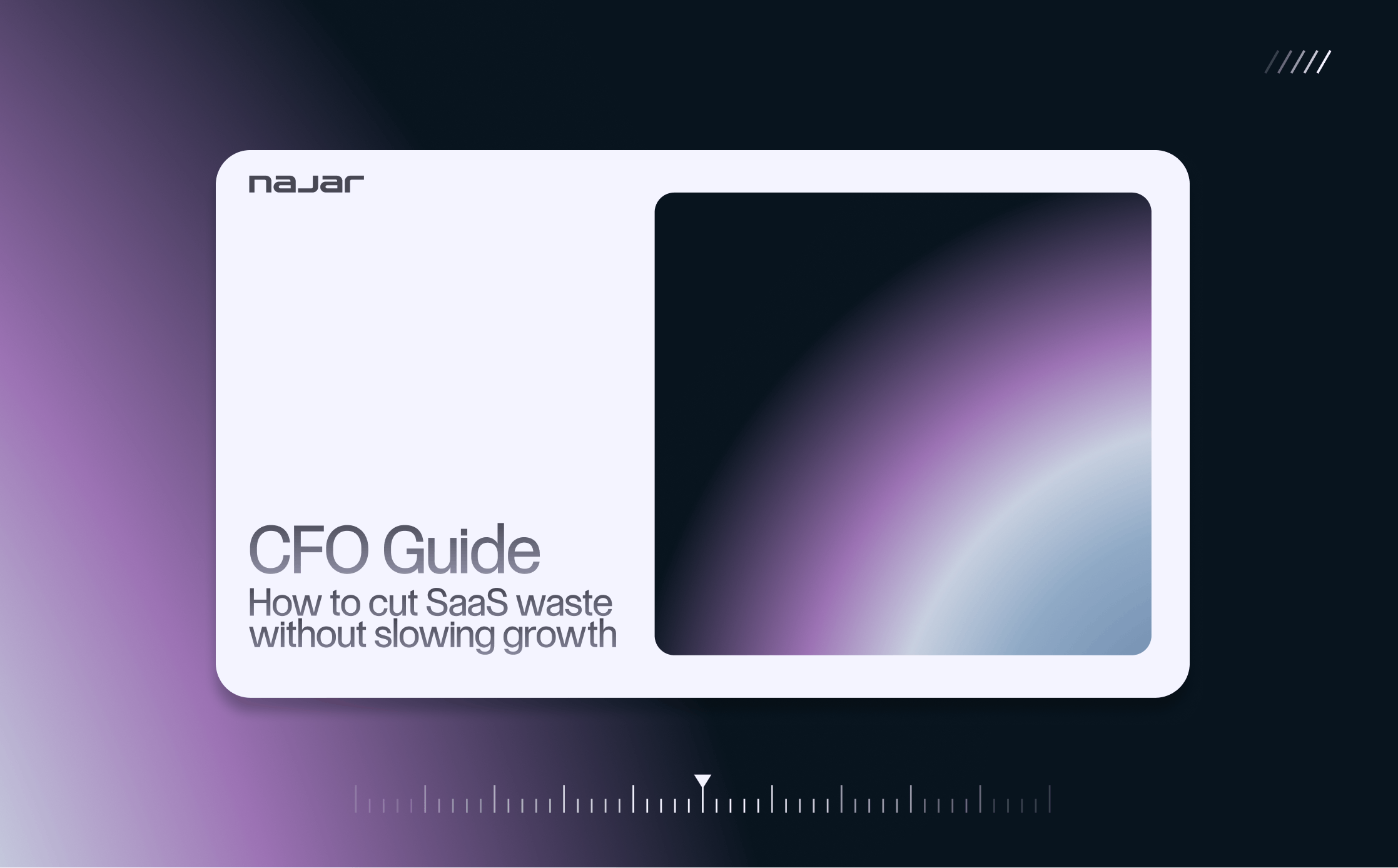Procurement has traditionally been seen as a cost-saving function, a support role focused on operational efficiency. But this outdated view ignores its critical role in managing commercial risks, particularly in IT Procurement, where decisions on suppliers, contracts, and technology directly impact the organization’s resilience and future-readiness.
To unlock its potential, Procurement must be recognized as a risk management function, a strategic partner that safeguards the organization, aligns with leadership priorities, and drives long-term value.
How Can Organisations Transition from Cost-Savings to Effective Risk Management?
The narrow focus on cost savings exposes organizations to significant risks, particularly in IT Procurement:
• Supplier reliability: Financial instability or underperformance from vendors can disrupt operations.
• Compliance risks: Non-compliance with laws like GDPR or ESG mandates leads to fines and reputational damage.
• Cybersecurity: Weak vendor security measures increase exposure to breaches and data loss.
• Pricing volatility: Without flexible pricing structures, inflation and hidden costs create financial strain.
• Technology obsolescence: Short-sighted IT decisions result in outdated systems and costly upgrades.
Procurement professionals must adopt a broader perspective, one that prioritizes risk management alongside cost efficiency.
Advantages for the Organization and Leadership
Repositioning Procurement as a risk management function creates value across the organization:
1. Predictable Costs and Financial Stability
Procurement ensures predictable spending by negotiating flexible contracts, reducing exposure to inflation, and avoiding hidden costs. This benefits leadership, particularly CFOs, by improving budget forecasting and control.
2. Improved Operational Resilience
By mitigating risks like vendor dependency or technology failures, procurement helps ensure continuity, avoiding costly downtime or service disruptions.
3. Stronger Compliance and Governance
Procurement professionals embed regulatory and legal requirements into contracts, protecting the organization from penalties and enhancing corporate governance.
4. Strategic Partnerships
Procurement fosters collaborative, long-term relationships with IT vendors that prioritize innovation, scalability, and sustainability, aligning with the organization’s broader goals.
5. Risk Visibility and Early Mitigation
Procurement acts as an early warning system, identifying and mitigating risks before they escalate, benefiting stakeholders across finance, IT, and operations.
Leveraging Technology for Risk Management
Modern Procurement requires modern tools. Platforms like Procurement-as-a-Service (PaaS) enable organizations to manage risks more effectively by providing:
• Predictive Analytics: Helping procurement teams anticipate pricing trends, vendor risks, and potential market disruptions.
• Compliance Tracking: Ensuring contracts stay aligned with evolving regulations.
• Scalability: Supporting complex, global operations without increasing internal overhead.
Adopting tools like PaaS allows procurement teams to move from reactive cost-saving to proactive risk management.
A New Mindset for Procurement Professionals
Procurement professionals must see themselves as more than cost negotiators, they are risk managers protecting the organization’s financial and operational stability. To succeed in this role, they must:
1. Embed Risk into Every Decision: From supplier selection to contract negotiation, risk assessment must guide the process.
2. Collaborate Across Teams: Work with IT, legal, and finance to ensure Procurement decisions align with organizational priorities.
3. Adopt Advanced Technology: Leverage tools like PaaS and AI to enhance risk visibility and improve decision-making.
Conclusion: A Strategic Asset for Organizations
Procurement isn’t just about saving money, it’s about protection, growth, and value creation. By embracing its role as a risk management function, Procurement drives resilience, safeguards compliance, and ensures strategic alignment across the organization.
Whether you’re a CFO, IT leader, or procurement professional, understanding Procurement’s risk management potential unlocks its true value as a driver of stability and innovation.
How is your organization evolving its procurement strategies? Are you leveraging procurement as a risk management function? Book a free demo here explore how Procurement can meet today’s challenges and opportunities.
Step into the cockpit of financial excellence
References
1. Deloitte Insights
Deloitte explores the evolving role of procurement as a strategic risk manager, emphasizing its importance in managing supply chain, compliance, and financial risks.
Source: Deloitte on Procurement Risk Management
2. McKinsey & Company
McKinsey highlights how modern procurement leverages technology like predictive analytics and Procurement-as-a-Service to manage risk and drive organizational value.
Source: McKinsey Procurement Insights
3. Procurement Magazine
This article discusses the transformation of procurement into a risk management function, focusing on IT procurement and its implications for innovation and resilience.
Source: Procurement Magazine
4. CIPS (Chartered Institute of Procurement & Supply)
CIPS outlines best practices for embedding compliance, sustainability, and technology scalability into procurement processes to mitigate risk.
Source: CIPS Procurement Best Practices
5. Spend Matters
An in-depth exploration of how CFOs and procurement leaders can align strategies to mitigate financial risks, enhance compliance, and leverage procurement technology.
Source: Spend Matters
6. World Economic Forum
Insights into how procurement is critical for managing digital risks, including cybersecurity, compliance, and vendor reliability, in the context of global IT operations.
Source: World Economic Forum - IT Procurement Risks
7. Gartner
Gartner’s analysis of Procurement-as-a-Service highlights its ability to scale operations, improve compliance tracking, and provide predictive analytics for risk management.
Source: Gartner PaaS Report
8. Harvard Business Review
HBR discusses the importance of long-term vendor partnerships and how procurement professionals can act as strategic enablers for innovation and risk mitigation.




